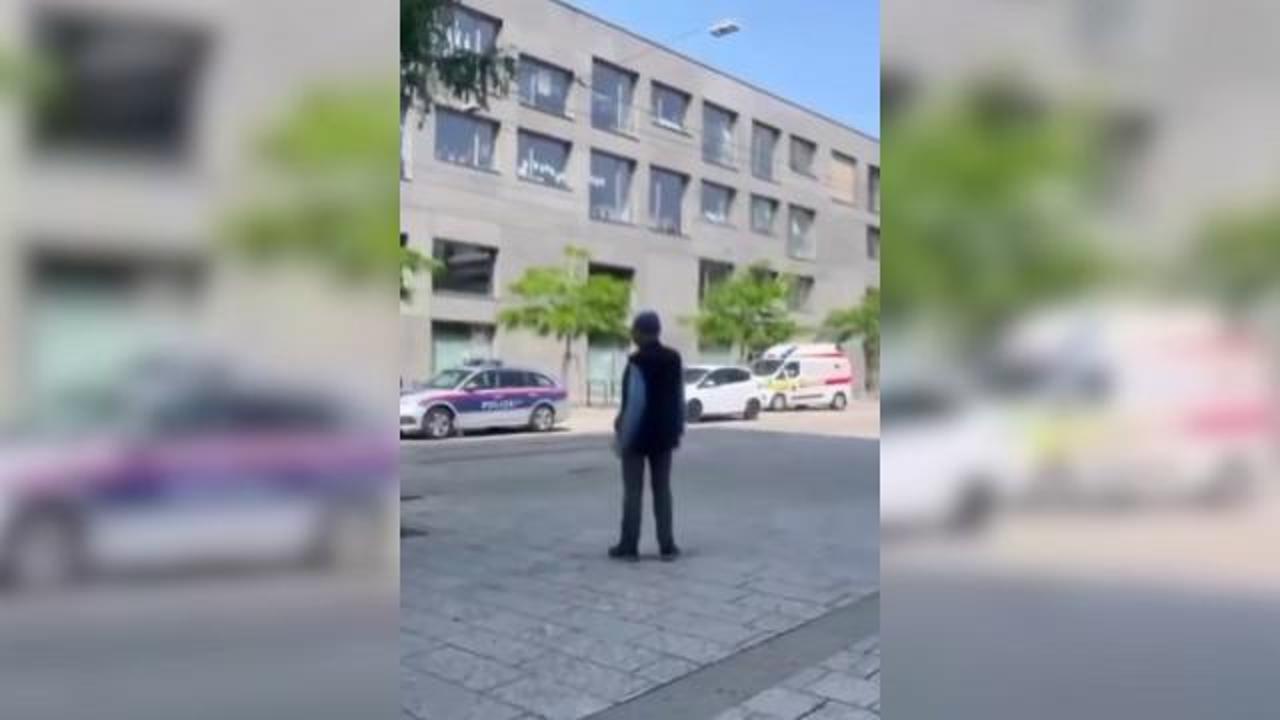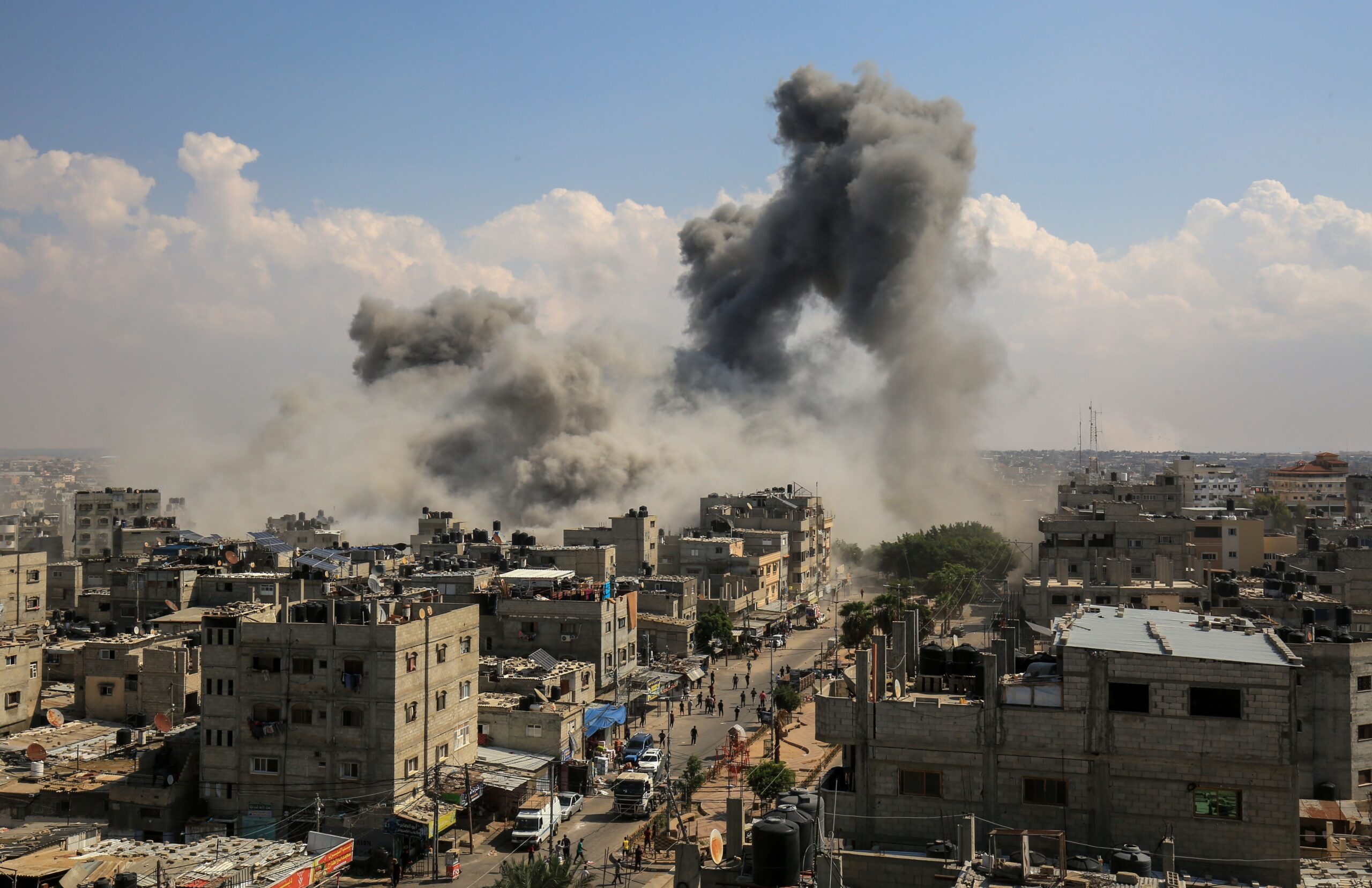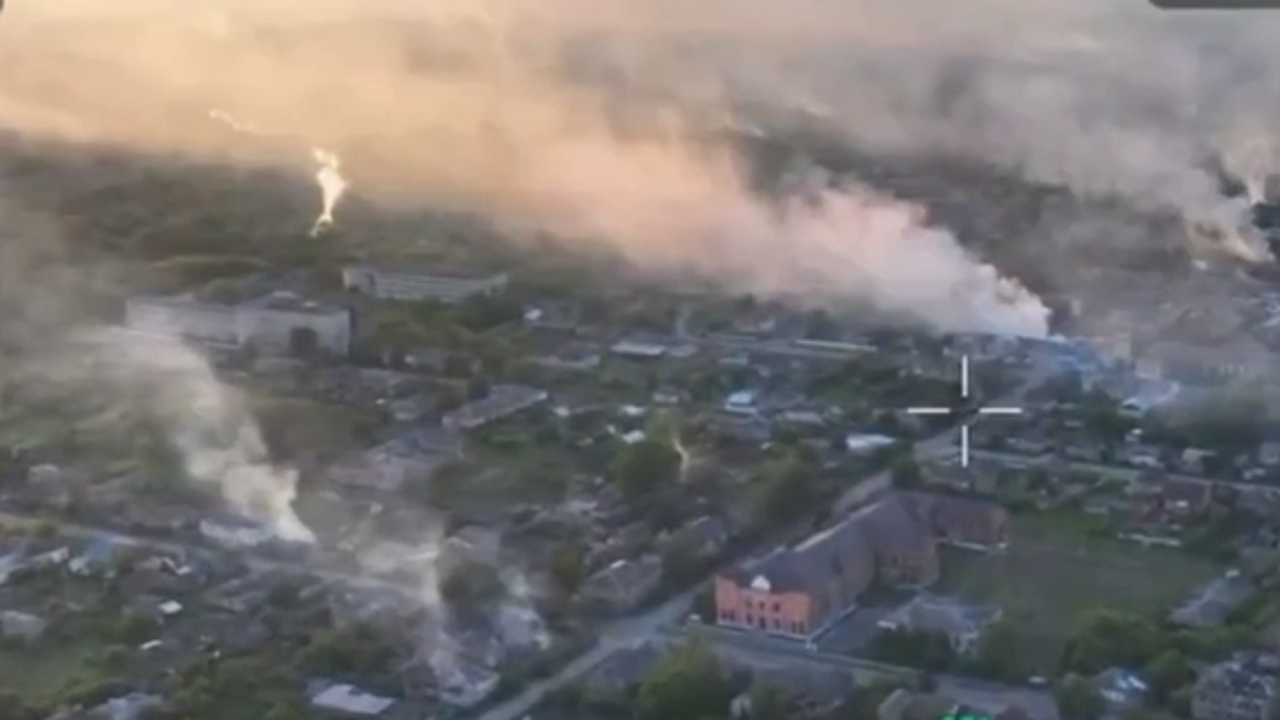[ad_1]
BEIJING (Reuters) – The recent scene at a dusty Inner Mongolia military base provided evidence of Chinese President Xi Jinping’s consolidation of political power, even as he faces pushback from some quarters in his ruling Communist Party ahead of a critical gathering next month.
Dressed in army fatigues, Xi reviewed a military parade on July 30 marking the 90th founding anniversary of the People’s Liberation Army (PLA). Breaking with precedent at such events, Xi – who is head of the party and the military as well as president – did not share the stage with peers or party elders.
PLA General Fan Changlong, in a further departure from the norm, hailed Xi as “lingxiu”, or leader, a reverent honorific bestowed only on two others since the 1949 founding of the People’s Republic of China: Chairman Mao Zedong and his short-lived successor, Hua Guofeng.
According to six sources with ties to the leadership, as well as Chinese analysts and foreign diplomats, that display and others sent a clear signal of his increasingly dominant position in the runup to the Party’s congress starting on Oct. 18, a meeting that is only held once every five years.
Rana Mitter, director of the University of Oxford China Centre, said the “lingxiu” title would suggest Xi had succeeded in one of his key aims to “centralize as much authority and charisma under his own person” as possible.
But as Xi’s supporters promote his agenda, some party insiders, wary that he will accumulate too much power and effectively end three decades of collective leadership, have delayed agreement on who will end up on the party’s Standing Committee, the apex of power, currently made up of seven men.
“There is opposition to Xi getting too much power,” said a source with ties to the leadership.
The State Council Information Office, which doubles as the party’s spokesman’s office, did not respond to a request for comment for this story.
As is typical in the run-up to the Congress, competing name lists have been circulating in leadership circles for the Standing Committee, but sources caution they are possibilities rather than the final line-up.
“There is an anti-Xi faction forming up,” said a Beijing-based diplomatic source, citing meetings he has had with Chinese officials. “It remains to be seen if he’ll get it all his own way for the Standing Committee.”
Key questions include whether Xi ally and top corruption buster Wang Qishan will stay on past traditional retirement age and, whether Xi will get his supporters in all the key positions. There will also be a lot of attention on any moves that would enable Xi to stay on in some top leadership capacity after his second term ends in 2022.
Xi is required by the country’s constitution to step down as president after two five-year terms. There is no limit on his tenure as the party and military chief, though a maximum 10-year term is the norm.
‘LINGDAO’ OR ‘LINGXIU’?
Distinct from the standard usage of “lingdao” for leader, “lingxiu” evokes grander, almost spiritual, connotations.
“The party is gearing up to put Xi on the same level as Mao,” another Beijing-based diplomatic source said, referring to the significance of the “lingxiu” term.
The Central Party School, which is the top training ground for up-and-coming cadres and is influential in interpreting and disseminating party directives, has since the military parade used “lingxiu” in official party language to refer to Xi. The Study Times, the school’s official newspaper, referred to Xi as “lingxiu” for the first time on Aug. 21.
“This is the choice made by history, made by the people,” it said.
The military’s official PLA Daily also referred to Xi as “lingxiu” on Aug. 25.
However, the People’s Daily, the party’s official newspaper, has yet to call Xi “lingxiu”.
“If Xi becomes ‘lingxiu’ at the congress, it would be tantamount to being party chairman,” another source with leadership ties said.
Xi is currently the party’s general secretary, but not chairman. China’s first three leaders after the founding of the People’s Republic in 1949 all carried the title party chairman -Mao, Hua and then Hu Yaobang. It has not been used since.
“It would be a life-long tenure,” the source said, adding that adopting such a title would be easier than amending the party charter to resurrect the chairmanship, which was abolished in the early 1980s to prevent another Mao-like personality cult.
Xi added “core” to his slew of titles last October.
If he were to be formally anointed “lingxiu” during the congress, his political clout would eclipse that of the past few presidents, the sources said. It would effectively grant him veto power on any major decision put to the Standing Committee, they said.
For decades, the Communist Party general secretary has been technically first among equals in the Standing Committee under a collective leadership model designed to avoid one-man rule.
While western analysts largely view Xi’s centralization of authority as having a possibly narrowing effect on China’s potential for further radical economic reform, three sources with leadership ties said Xi wants a strong hand precisely to force through changes that are resisted by vested interests.
“This kind of title is essential,” a source with ties to the leadership told Reuters. “China at this juncture needs this kind of powerful man in control.”
Reporting by Benjamin Kang Lim, Philip Wen and Ben Blanchard; Additional reporting by Christian Shepherd; Editing by Tony Munroe and Martin Howell
[ad_2]
Source link






Leave a Reply